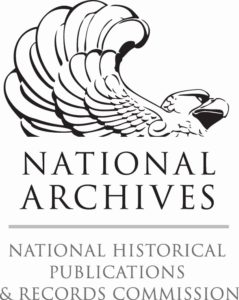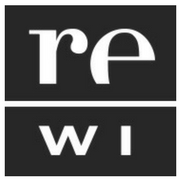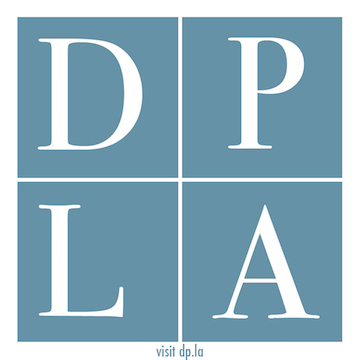Donor Agreements
Does your deed of gift form include specific language about digitizing and sharing donated items online? Be aware that a donor can transfer copyright to you with a donation only if they are the copyright holder.
If you don’t already use a deed of gift form, donor agreement, or gift agreement, now is a great time to adopt one. Now is also a good time to dig through your files, physical and digital, to find existing documentation that will shed any light on the status of permissions or agreements in your collections. Did past archivists, volunteers, or donors contribute notes or forms documenting how materials could be used or shared in the future?
Forms and other documentation should be kept with the related collection materials, either physically or digitally. For instance, you could save a signed donor agreement in a “Copyright” subfolder in the collection to which it applies. You can also write out the information you have in a text file and save it with the collection or the digital materials.
“Digital donations,” in which cultural heritage organizations scan photos, scrapbooks or other materials for community members and keep the digital files but return the originals to the owner, are becoming more common. So are crowdsourced or community-sourced collections, in which community members contribute their own writings or artwork to a shared digital collection. A signed deed of gift or permission form is needed in these scenarios too.
Deed of Gift Examples:
- Deed of Gift, Wisconsin Historical Society
- Loan for Digitization Purposes, Rock County Historical Society (Janesville, Wisconsin)
- Sample Deed of Gift, Sustainable Heritage Network
Permission Forms
A permission form, also known as a release form or consent form, is needed whenever your organization works with community members to create new content, such as oral history interviews. Any permission forms should clearly state how (or if) the materials may be shared online and how copyright will be retained or transferred, if applicable.
Permission Form Examples:
- Oral History Permission Forms, Wisconsin Historical Society, Wisconsin Veterans Museum, and UW-Madison Archives Oral History Program
- Registration Form, Palos Verdes Library District Local History Center (California)
- Oral History Interview Release Form, Door County Speaks, Door County Library
Resources and Tools
- “A Guide to Deeds of Gift.” Society of American Archivists, 2013.
- “Gift Agreements.” Community-Driven Archives, University of North Carolina at Chapel Hill, 2021.
- Norton-Wisla, Lotus. “Donor Form and Deed of Gift Worksheet.” Sustainable Heritage Network, 2020.

 The Digital Readiness Toolkit and related resources were made possible in part by grants from the National Historical Publications and Records Commission.
The Digital Readiness Toolkit and related resources were made possible in part by grants from the National Historical Publications and Records Commission.
